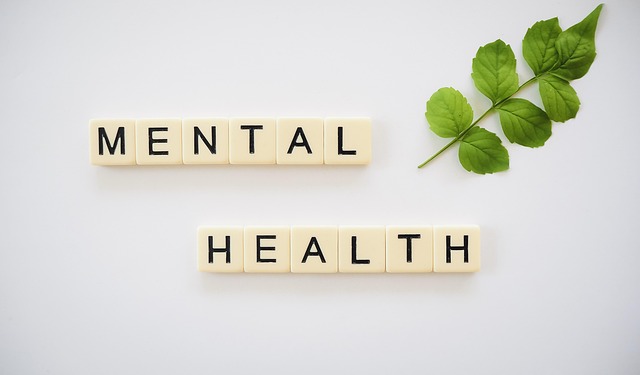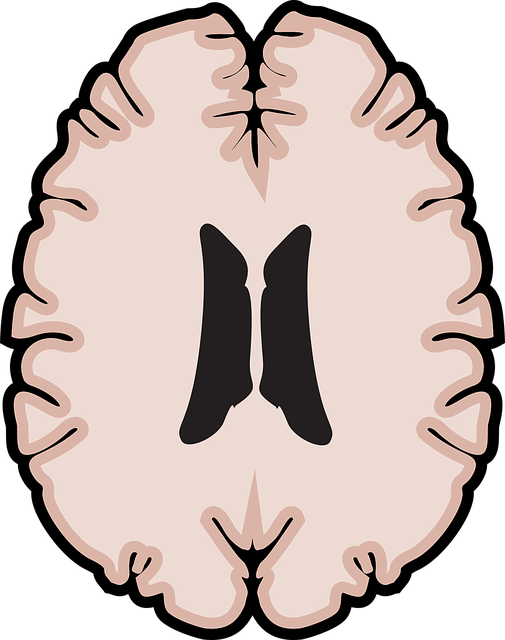Creating an engaging mental wellness podcast series requires a thoughtful blend of content formats, including expert interviews, personal narratives, and practical advice, to cater to diverse audiences. Focus on specialized areas like children's therapy and innovative techniques such as biofeedback, offering unique perspectives on mental health management. Cultivate cultural sensitivity, compassion practices, and burnout prevention strategies for healthcare providers, ensuring inclusivity and high-quality podcast content that fosters a supportive environment for improved mental wellness. Tailor content to specific challenges and aspirations, whether for parents seeking therapy for their children or individuals aiming to enhance emotional regulation and confidence.
“Unleashing the Power of Mental Wellness Podcasts: A Comprehensive Guide
In today’s digital age, podcasts offer a therapeutic haven, providing a unique platform for sharing stories and spreading awareness about mental health. This guide navigates the process of creating an engaging podcast series focused on mental wellness. From format selection to distribution strategies, we explore essential aspects.
We delve into choosing content that resonates with your audience, covering anxiety, depression, trauma, and self-care. Learn how to incorporate diverse formats like interviews, storytelling, and expert panels to captivate listeners.
Moreover, discover the art of integrating therapy techniques, including biofeedback, mindfulness, and CBT, ensuring both educational value and practical application.”
- Choosing the Right Format and Content
- – Determining the target audience for a mental wellness podcast series
- – Topics to cover: Anxiety, depression, trauma, self-care, and more
- – Incorporating different formats: Interviews, storytelling, expert panels
Choosing the Right Format and Content

When producing a mental wellness podcast series, choosing the right format and content is essential to engage and support your audience. Consider incorporating diverse elements such as interviews with experts, personal stories, and practical tips. For instance, featuring therapists specializing in children’s therapy or introducing concepts like biofeedback can offer unique insights into managing mental health.
Integrating cultural sensitivity in mental healthcare practice, compassion cultivation practices, and burnout prevention strategies for healthcare providers ensures that your content resonates with a wide range of listeners. These topics not only enhance the overall quality of your podcast but also foster a supportive and inclusive environment, crucial for maintaining and improving mental wellness.
– Determining the target audience for a mental wellness podcast series

When creating a mental wellness podcast series, understanding your target audience is paramount. Defining the specific group you aim to support—whether it’s parents seeking therapy for their children or individuals looking to enhance emotional regulation and boost confidence—is crucial. This focus allows for tailored content that resonates with listeners’ unique challenges and aspirations. For instance, a podcast episode on Biofeedback techniques would be particularly relevant for those interested in natural mental health solutions.
The design of your Mental Health Education Programs should cater to the needs and preferences of this chosen audience. Incorporating diverse perspectives—from professionals like psychologists and therapists to personal stories from individuals who have overcome mental health struggles—can create an engaging and informative series. By addressing topics such as emotional regulation, self-care strategies, and confidence-building exercises, you empower your listeners with valuable tools for managing their mental wellness effectively.
– Topics to cover: Anxiety, depression, trauma, self-care, and more

A mental wellness podcast series should cover a wide range of topics to cater to diverse listener needs and promote holistic mental health awareness. Some essential subjects include anxiety, depression, and trauma—common mental illness concerns that can significantly impact individuals’ daily lives. Discussing strategies for managing these conditions, such as therapy for children and biofeedback techniques, can offer valuable insights for listeners seeking relief and improvement.
Additionally, incorporating segments on self-care practices, stress management, and confidence boosting can empower listeners to take proactive steps towards mental wellness. In light of the ongoing mental illness stigma reduction efforts, normalizing conversations around these topics and providing accessible information can foster understanding and support within communities.
– Incorporating different formats: Interviews, storytelling, expert panels

In crafting a captivating mental wellness podcast series, diversity in content formats is key to engaging and expanding your audience. Incorporating interviews with experts like therapists specializing in children’s mental health and biofeedback practitioners adds valuable insights and credibility. Storytelling segments can humanize complex topics, making them more relatable and accessible. Moreover, hosting expert panels allows for dynamic discussions and multiple perspectives on pressing mental health issues, such as self-esteem improvement, enhancing mental health awareness, and exploring the development of effective coaching programs.
These varied formats not only keep listeners interested but also cater to diverse learning styles. By combining expert knowledge with compelling narratives, you create a well-rounded and impactful podcast experience that resonates with a broader audience seeking guidance and support for their own mental wellness journeys.
In wrapping up our discussion on mental wellness podcast series production, it’s clear that tailored content and diverse formats are key to engaging audiences. By understanding your target demographic and covering relevant topics such as anxiety, depression, trauma, and self-care, you can create a valuable resource for listeners seeking support. Incorporating interviews, storytelling, and expert panels not only enhances accessibility but also offers a multi-faceted approach to mental health education and therapy, potentially including innovative techniques like biofeedback for children. Remember, the right format and content can make all the difference in fostering open conversations about mental wellness.














